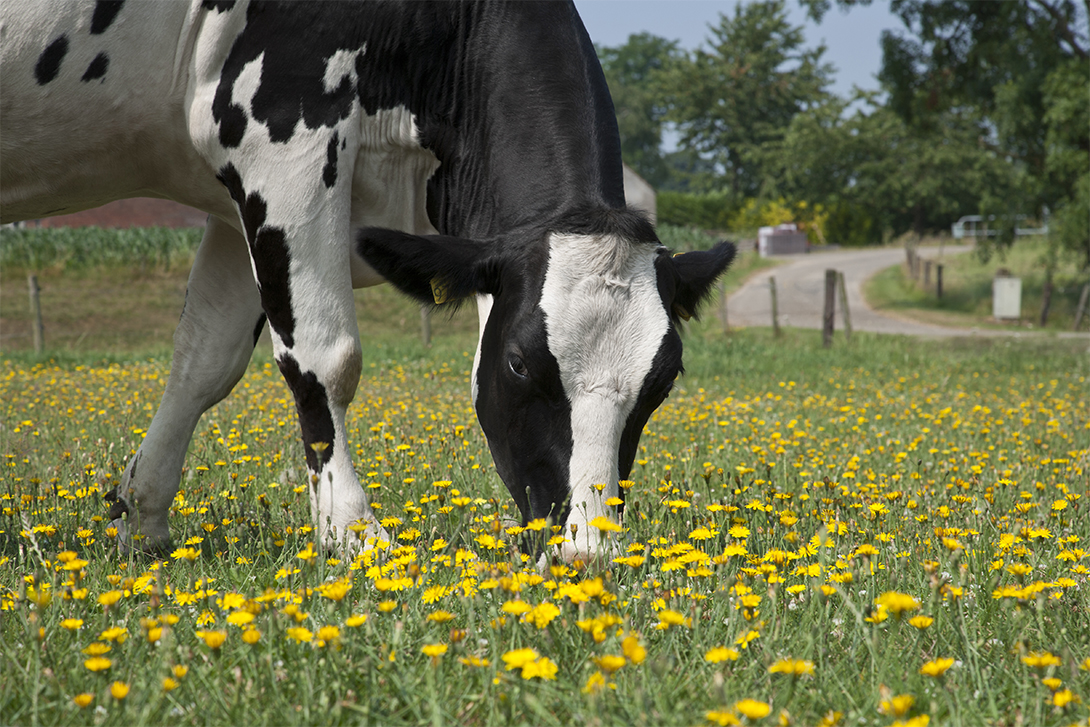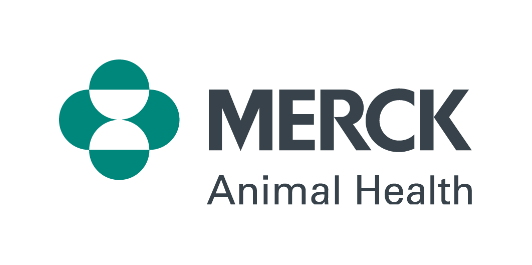
Identifying and Addressing Emerging Diseases
Emerging diseases and outbreaks that cross geographical boundaries (transboundary diseases) are important priorities for Merck Animal Health (operating as MSD Animal Health outside of the United States and Canada). If these diseases are not brought under control, animals suffer.
A Look at Diseases of Great Concern
Foot-and-mouth disease, Pesti de Petits Ruminants (PPR), rabies and bluetongue are among the diseases that can devastate animals, threaten human health, and impact the supply of protein.
Foot-and-mouth disease (FMD) is a highly infectious viral disease found in animals with cloven-hooves, such as cattle, pigs, sheep, camels and buffalo. The disease is characterized by fever and blisters in the mouth and on the muzzle, teats and feet. It is debilitating for adult animals and can be fatal for young animals.
FMD is widespread in Africa, Asia and the Middle East. In parts of the developing world where farmers rely on animals to pull plows, an outbreak of FMD can destroy a farmer’s ability to produce food, impacting income and greatly limiting agricultural trade.
Because FMD is made up of seven different virus groups, one vaccine alone cannot eradicate the disease. Merck Animal Health collaborates with the World Reference Laboratory for Foot-and-Mouth Disease to monitor the various strains of the virus and produce effective vaccines. Merck Animal Health is also partnering with Wellcome Trust to research and develop a new type of vaccine that may help improve the access for vaccines in the future.
Pesti de Petits Ruminants (PPR), also known as Ovine Rinderpest, affects sheep and goats in Africa and the Middle East, expanding its range rapidly over the last ten years. With some of the poorest people in the world relying on small ruminants, the disease has direct impact on human health and family economics.
In recognition of the importance of the disease, at the 2014 OIE (World Organization for Animal Health) General Session a resolution was passed committing all countries globally to the control and eradication of the disease. A newly developed vaccine against PPR is now used by a number of countries as part of their vaccination campaigns.
Rabies, a disease that has been around for centuries, is considered a “transboundary” disease, which means no country is immune. According to the World Health Organization, more than 50,000 people die from rabies each year, mostly in Asia and Africa where dogs often run wild. Research shows that if rabies can be stopped in dogs, the disease could almost be eliminated in humans.
Merck Animal Health has a rabies vaccine in its portfolio and is working with multiple governments and organizations to provide vaccine programs to prevent rabies. An example of this is the Afya project (http://www.afya.org). Merck Animal Health is also investigating oral rabies vaccines that will be easier to administer in countries where dogs are difficult to vaccinate.
Bluetongue is a virus transmitted by a bite from certain types of midges. It is an infectious disease but not contagious. The virus affects ruminants—cattle, sheep, goats, camels, llamas, etc.—and can be fatal for livestock. It does not affect horses and pigs. Although the virus cannot be transmitted to people, it can take a human toll because of the huge impact the virus has on farms. Making a vaccine against bluetongue is complicated because the virus is complex, containing at least 24 different serotypes.
Between 2006 and 2009, an outbreak of a strain of bluetongue spread over Europe resulting in the death of tens of thousands of animals. Merck Animal Health provided vaccines and education to farmers to help eradicate the disease. The vaccine and controlled government campaigns managed to successfully eradicate the disease.
Maintaining Antigen Banks—Just in Case
In some cases, a once-high profile disease may disappear from a geographical area after treatments are made available. Although a country is disease-free, the government may be concerned about future outbreaks. To be proactive, Merck Animal Health maintains antigen banks for governments in case certain diseases emerge again. If an outbreak occurs, the company can begin delivering vaccines within 24 to 48 hours. Examples of such banks include foot and mouth disease, avian influenza and Aujeszky’s disease.
The Big Picture Goal
Merck Animal Health is committed to fighting diseases, because a single disease can have a widespread impact. Our goal is to help animals stay healthy because doing so will protect the farm, the agriculture industry and humans everywhere.
Please note that not all products mentioned are available in all countries. Please visit the website of your for more information on products.
The Merck Veterinary Manual provides comprehensive insights into many diseases. Learn more:
